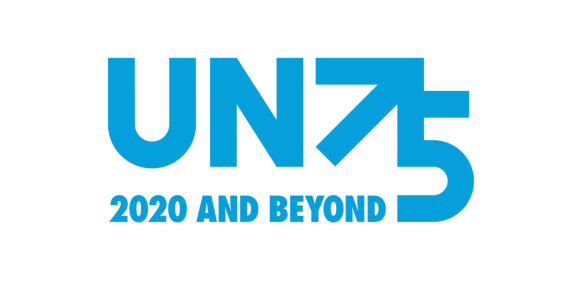The COVID19 pandemic is a tragic reminder of how deeply connected we are. The virus knows no borders and is a quintessential global challenge. Combatting it requires us to work together as one human family.
We must do all we can to save lives and ease the economic and social devastation.
Crucially, we need to draw the appropriate lessons about the vulnerabilities and inequalities the virus has laid bare, and mobilize investments in education, health systems, social protection and resilience. This is the biggest international challenge since the Second World War. Yet even before this test, the world was facing other profound transnational perils – climate change above all.
But multilateralism is not only a matter of confronting shared threats; it is about seizing common opportunities. We now have the opportunity to build back better than in the past, aiming at inclusive and sustainable economies and societies. It is not enough to proclaim the virtues of multilateralism; we must continue to show its added value. International cooperation must adapt to changing times.
We need a networked multilateralism, strengthening coordination among all global multilateral organizations, with regional ones able to make their vital contributions; and an inclusive multilateralism, based on deep interaction with civil society, businesses, local and regional authorities and other stakeholders, where the voice of youth is decisive in shaping our future. At this key moment for international cooperation, and in this 75th anniversary year of the United Nations, let us strive as one to realize the founders’ vision of a healthy, equitable, peaceful and more sustainable future for all.
